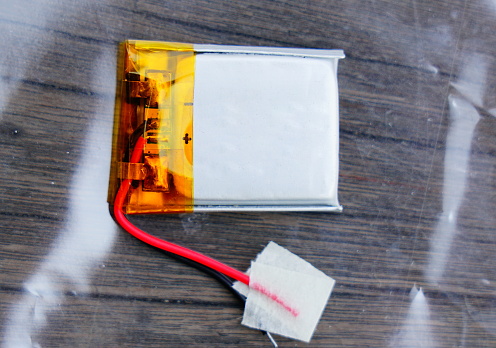Research
Deakin University in Victoria, Australia developed an energy storage alternative. It is more environmentally friendly, safer and cheaper than lithium-ion battery. This project is through new polymer electrolyte chemistries.
During the research, computer modeling and simulations were performed to design a new type of solid-state polymer electrolyte. Its potential use in various types of solid-state batteries was also measured.
The use of polymer as an ion conductor, instead of flammable liquid solvents is safer and less expensive.
Battery design
The team used a computer-to-lab materials design strategy to find the best compositions for polymer electrolytes, for the battery.
This work has been devoted to developing new polymer electrolyte chemistries that can be used with high-energy metals that are more abundant and less expensive than lithium, such as sodium and potassium. The new materials can contribute to a more sustainable and environmentally friendly battery technology of the future, as well as provide society with safer and high-performance energy storage devices.
Researcher Fangfang Chen.
This is a significant milestone, and this process will act as a design criterion for further development in this research field. Lithium-based technology is expensive, in demand and increasingly scarce, so advances that provide alternative, cost-effective and safe energy storage options are of great importance. We can now offer an alternative way to manufacture polymer-based solid-state batteries.
Professor Maria Forsyth.
In addition, the research is the second significant finding published by IFM researchers in Nature Materials. In July, a team led by Xiaoen Wang and Professor Forsyth developed a solid polymer electrolyte material that can replace the flammable liquid solvents currently used in sodium batteries.
Polymer electrolytes
Forsyth said that back-to-back discoveries had engineered two effective and efficient polymer electrolytes from “different angl;” reflecting IFM’s leading position in the field.
The latest breakthrough also demonstrated the importance of computer-to-lab research in driving discoveries for advanced batteries.Which are a key part of the shift to renewable energy.
Deakin is currently establishing a $9.5 million facility at the Burwood campus in Melbourne. Which will expand the already extensive research on sodium and lithium batteries.
The upgrade to the Battery Technology Research and Innovation Hub (BatTRI-Hub) will include a test lab and pilot production line to research and manufacture advanced lithium and sodium batteries.
The expansion project includes a $5.2 million contribution from the Victorian Government through the Victorian Higher Education State Investment Fund (VHESIF).


